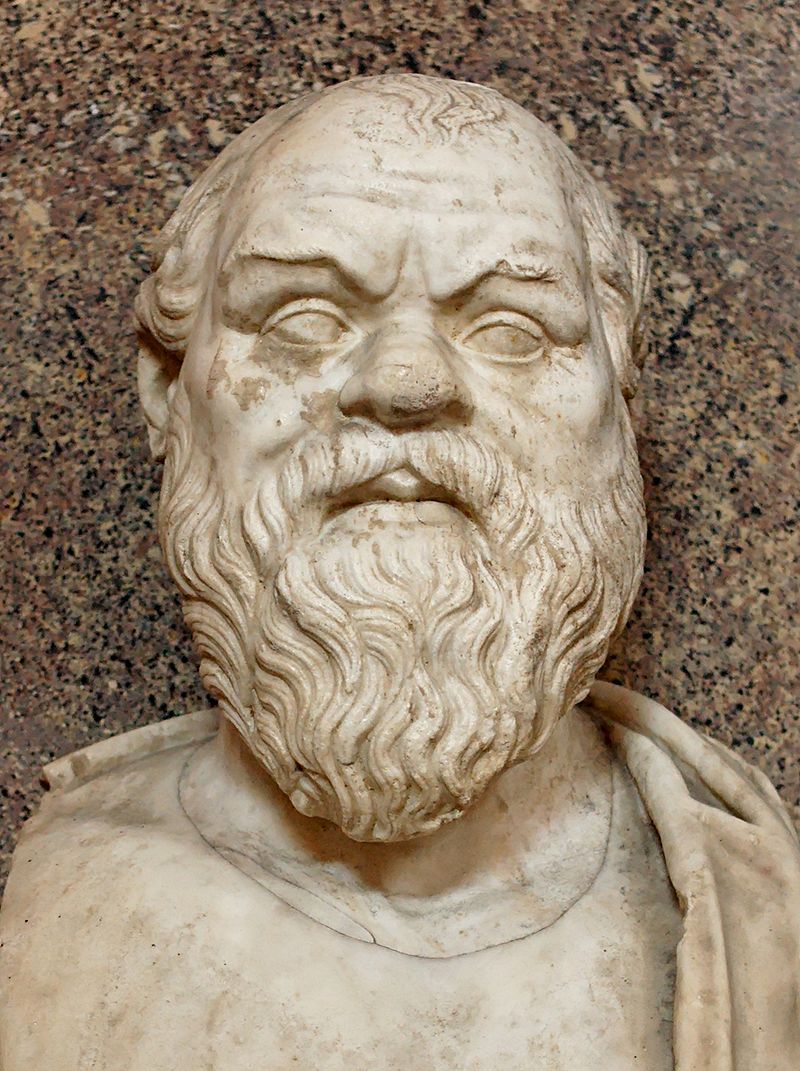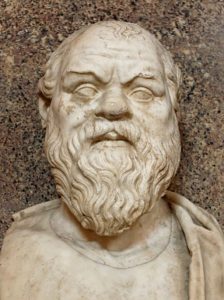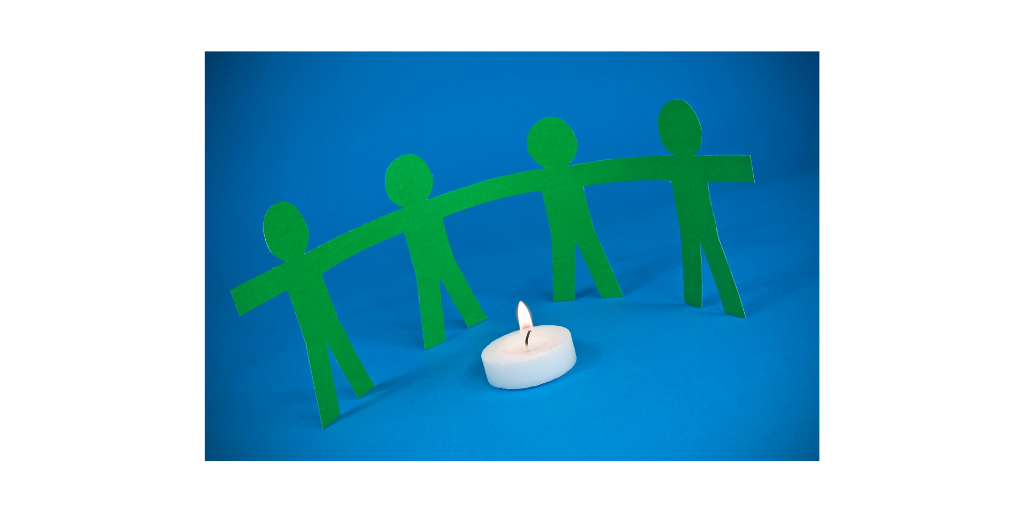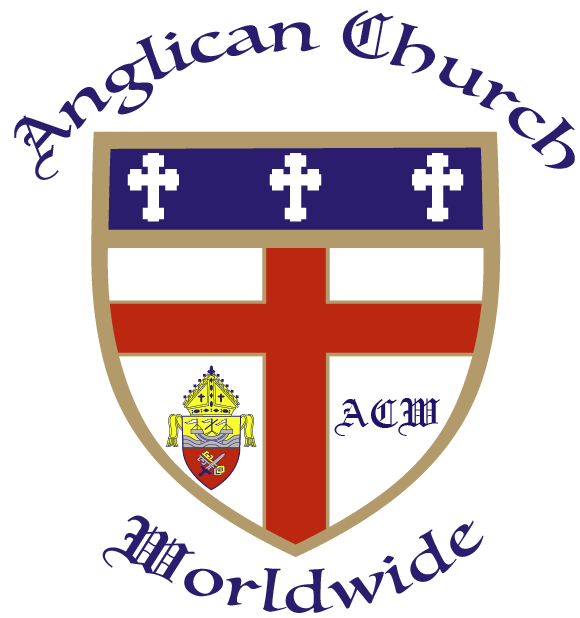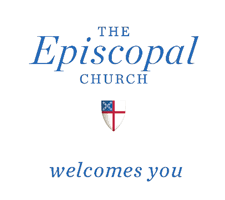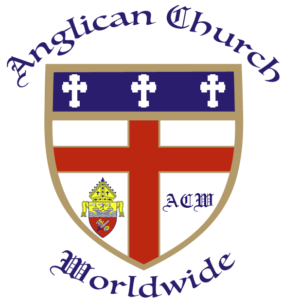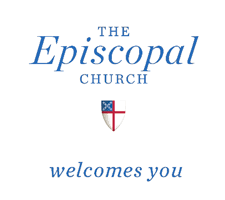
We just launched Prayer and Worship in Our Homes, a free 5-course class open to anyone who would like to take it.
Recently, churches across the United States and in many other countries have been asked not to meet for worship due to the risk of participants’ being exposed to Covid-19 (the coronavirus). Christians across the world, because of quarantines or because churches are choosing not to meet in order to reduce the risk of exposing people to the virus, might be looking for alternative prayer and worship options. This course is designed to fulfill that need.
In this course, you will find five classes that teach different approaches to prayer. Some focus on particular types of prayer discipline. Others talk about reaching out and praying with others, even when we’re physically isolated from one another.
You can use these classes remotely in a couple of different ways. You can either:
- Have individuals within your parish take the course on their own, or
- Meet in a zoom-style online classroom and take a class together. In that case, you would guide the students through the classes, opening with prayer, watching the videos together, and then offering opportunities for discussion using the course discussion questions.
Each class in this course teaches an approach to prayer that can offer comfort and help now and helpful approaches to spiritual discipline in the long term.
Everyday Spiritual Practices with Keith Anderson teaches ways to worship through daily practice as well as weekly church attendance. Keith discusses ways to both find spiritual value in everyday activities and to bring habits of worship into daily life.
How to Pray with Christopher Martin offers an overview of approaches to prayer. It’s a good class for people just beginning prayer as a regular way of life or for people looking to make changes to their approach.
Praying with Saints with Scott Gunn and Tim Schenck reminds us that the saints are always available to us as models and companions in prayer. The saints are not distant and otherwordly creatures but human beings like us. They connect us to the Christians who have come before us and remain accessible to us as people with whom we can pray when God feels far away.
How to Pray Online with Karekin Yarian teaches Christians about online prayer and worship resources and how to use them. Knowing these resources can help in the short term with worship options that don’t involve breathing on one another and in the long term to help Christians worship in Keith Anderson calls the digital cathedral.
Praying the Anglican Rosary with Suzanne Edwards-Acton teaches a specific, centuries-old prayer discipline that people might find useful in both listening to God and connecting with other worshipers. Knowing that you’re praying with others who use the same practice each day, even if you aren’t physically with them, can create a sense of community.
As you use this course, please remember that even if you are separated from others physically, we are all part of a great, spiritual community that can’t even be divided by death, let alone by public health initiatives. We’re all praying and worshiping together — ideally, in person, of course, but even if not in person, we remain in community with one another in mind, heart, and spirit.




